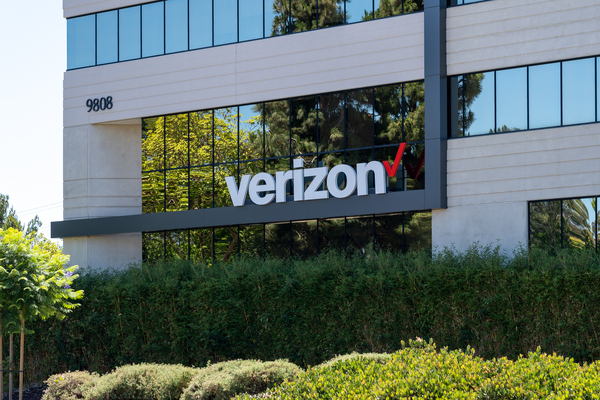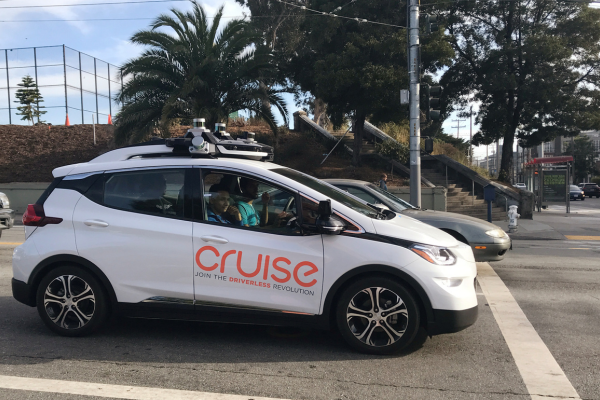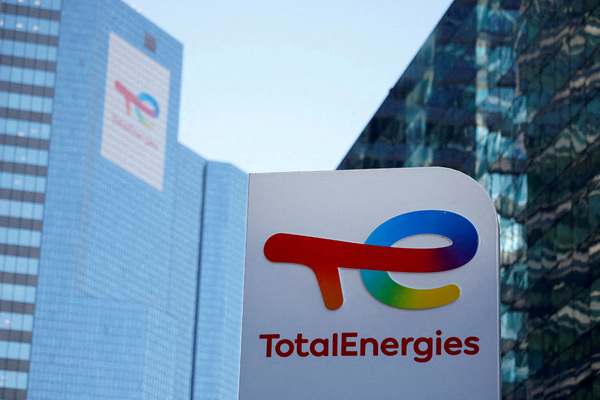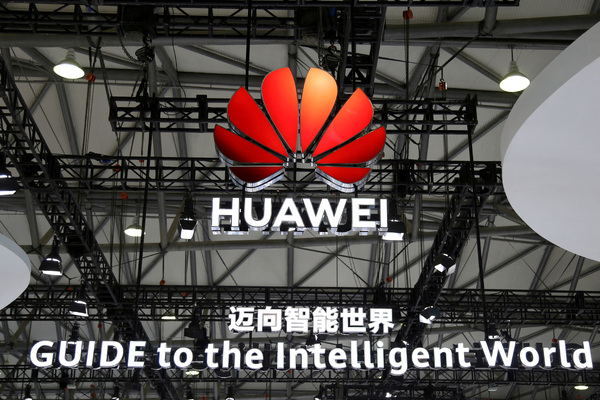Engineering the smart places we will love to live in

by Chris Cooper and Dr Colin Birchenall
Personalised, proactive and open, technology-enabled places are transforming communities and how we engage with our surroundings.
The term smart city is relatively new, but the truth is that cities and places have been getting smarter for some time now. What has changed is the scale and rate of technological change and its ability to completely transform how cities are managed and our relationship with them.
Take the example of the development of ordinary street lighting from gas-powered lamps in the late 19th century to electrification in the 20th, through to the ‘intelligent street lighting we see today. In the late 19th century it was common to see “lamplighters” in the streets in the evening, manually lighting streetlights. Electrification automated this process with photo-voltaic sensors and timers to switch lights on and off automatically. Today, intelligent streetlights are connected digitally as well as electrically, and they can use more sophisticated sensors (for example, measuring footfall or traffic volume) that allow lighting levels to adapt and change automatically based upon a broader range of local conditions and required outcomes.
Significantly, intelligent street lighting provides engineers with information on, for example, energy use, performance and fault detection to show how the lamps are performing. This is information that hasn’t been available before, and it provides the potential for street lighting to be maintained remotely and proactively. To deliver this, however, requires a fundamental change in approach and management, and a fresh look at how we define success. Today we measure how long it takes to repair a fault, or how long it takes to respond to members of the public who have reported faults. In the future, our target might be to have zero failures occurring in the first place.
But it isn’t just about street lighting. More and more city assets and services are becoming digitised, and in turn they are creating new sources of data that will have a dramatic impact on how we organise and value city services. Services will become increasingly preventative, measured on outcomes rather than operational performance. This will inevitably cut across traditional boundaries of control. It will challenge how we organise services – traditional organisational boundaries will become blurred – and it will open up new service and business models that will enable cities to deliver better outcomes while improving efficiency and sustainability.
So what will it be like to live in a smart city?
Things will just work better because services are constantly adapting and learning and are more proactive – intelligent streetlights will rarely fail, smart bins won’t overflow, and so on. If anything, the ability for service providers to do more with the same amount will be a common theme. Which is great as our societies are demanding more with less.
People will also begin to notice that services become more joined up and seamless (even if they’re delivered by different organisations), and also more personalised, with interventions specific, proactive, and targeted towards individual and family needs. This personalisation of services will require trust from citizens in those providing these services. People will need to be in control, yet they will also need to share personal data to allow the personal service to be delivered.
City data will be managed via new information marketplaces, which will allow for the trade of data and outcomes in a consensual, open and transparent way, leading us to make more informed, joined-up and outcome-centric choices. This may open up greater opportunities for cooperatives and community-run, outcome measured services. This trend in sharing ownership, enabled through the seamless sharing of data between parties, is also reinforced by a growing desire to reduce the impact of our economic activity on the planet.
As much more information becomes available to citizens, this will help close the gap between what city officials want to do and what elected members said, and what constituents actually see. Increasingly, apps will become available that provide greater access to relevant information and allow engagement, consultation and collaboration. They will even enable people to vote on specific matters to increase participation in local decision-making – from funding local projects, taking planning and development decisions and informing policy and strategy, to deciding how budgets are spent or even co-designing and co-developing new ways of solving city problems.
Living in a smart city will be about understanding and unlocking your role in it tailoring the services that you require to be more personalised and proactive, to improve your quality of life. You will have greater control over what you consume and when. Plus, you will be empowered to participate within the decision-making and shape the future of your place. Although technology and data will enable cities to be smarter, it will be its people – its elected members, officers, communities, and citizens – who, by being better informed, will truly make cities smarter than they are now.
by Chris Cooper CEng MIET, Member, Institution of Engineering and Technology’s Built Environment Panel, and CTO, KnowNow Information and Dr Colin Birchenall MIET, Member, Institution of Engineering and Technology’s Digital Panel, Chief Technology Officer, Digital Office for Scottish Local Government and Chief Digital Officer, Glasgow City Council

Business Reporter Team
Most Viewed
Winston House, 3rd Floor, Units 306-309, 2-4 Dollis Park, London, N3 1HF
23-29 Hendon Lane, London, N3 1RT
020 8349 4363
© 2024, Lyonsdown Limited. Business Reporter® is a registered trademark of Lyonsdown Ltd. VAT registration number: 830519543





